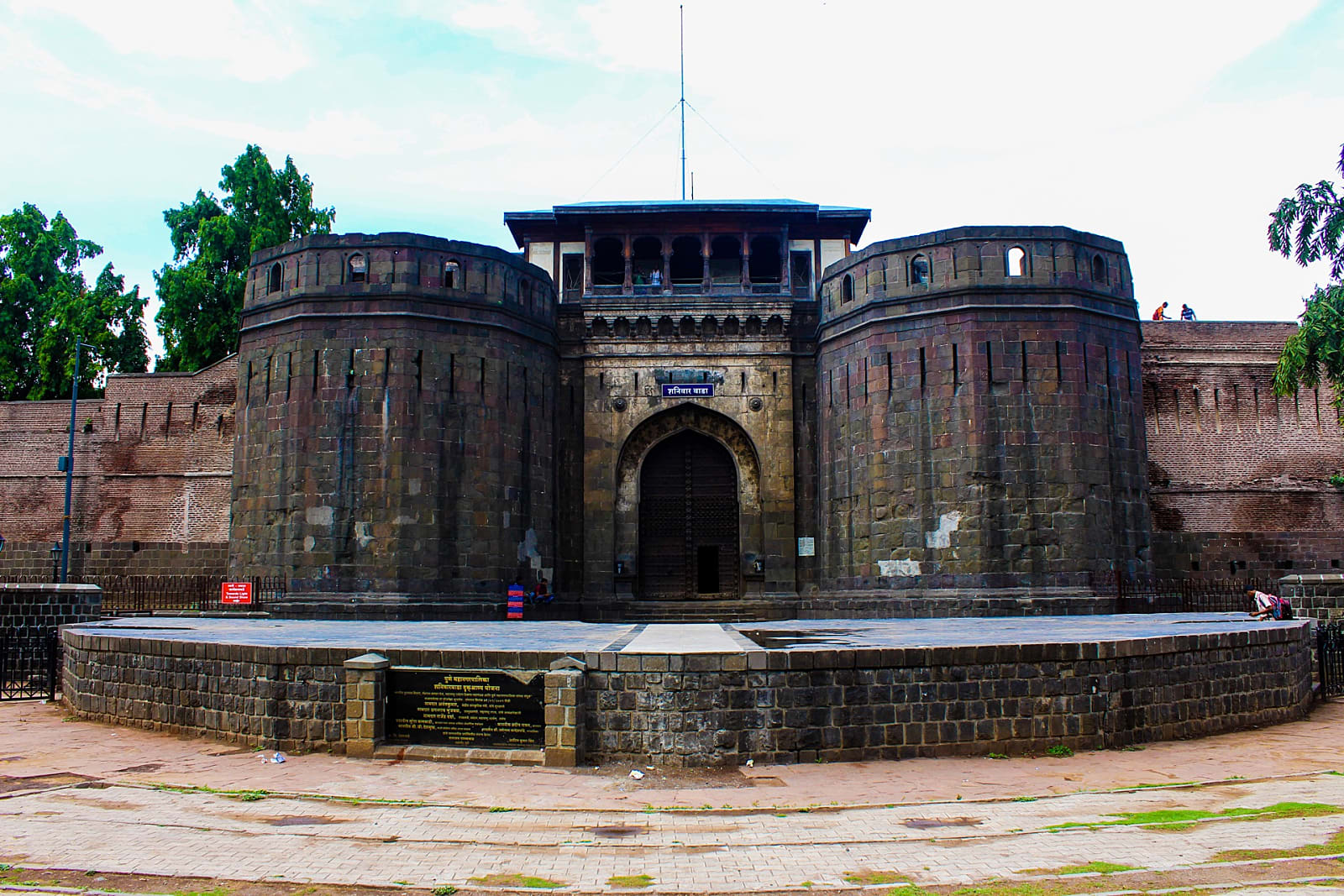
2N PUNE
Day 01: Pickup from your destination, Check in Hotel for Wash and Change, Journey towards Dagdusheth Halwai, Raja Kelkar Museum, Shaniwar Wada, Pataleshwar, Chaturshrungi Temple, Parvatish, Sarpa Udyan, Saras Baug, Agakhan Palace.
Day 02: Ashtavinayak Darshan, Moregaon, Siddhatek, Ranjangaon, Theur.
Day 03: Mahad, Pali, Lenyadri & Ozar and Drop Bus stand OR Railway Station.
|
Includes : |
|
|
Excludes : |
|
Terms & Conditions:-
- GST is not included in the price. The same will be charged on the total package cost payable.
- Child Policy: 3 years old to 12 years old.
- No refund for un-utilized tour or cancellations which may occur due to weather conditions.
- All SIC rates are based on minimum guests traveling. Change in the number of guests could lead to a change in the cost of the package.
- Above rates are not applicable during event/peak season surcharge periods. The rates for these periods would be advised at the time of booking.
- All packages are subject to the Terms and Conditions of the Company.
- Please read and understand all the terms and conditions before confirming.
- In the event of non-availability of the quoted package, an alternate similar category hotel would be offered.
- All above rates are based on special land combinational prices. No reduction or refund is applicable if one or all of the services are withdrawn.
- Company reserves the right to furnish fresh quote for the package with additional or different inclusions from those offered in the above quote.
Hotel details will be send as per your requirement. Please send watsups,mail or call us.
i.e. Standard / Deluxe / Super Deluxe / 3 Star / 4 Star / 5 Star, etc.
Pricing will be send as per your selection of hotels.
i.e. Standard / Deluxe / Super Deluxe / 3 Star / 4 Star / 5 Star, etc.
Pune is the 9th most populous city in India and the second largest in the state of Maharashtra after the state capital Mumbai. The history of the city is closely related to the rise of the Maratha empire of the 17th and 18th centuries. In the 18th century, Pune became the political centre of the Indian subcontinent, as the seat of the Peshwas who were the prime ministers of the Maratha Empire.[1] After the fall of Peshwa rule in 1818, the new British rulers made the city one of their major military bases. Prior to British takeover, the city was confined to the East bank of the Mutha river. Since then the city has grown on both sides of the river. In the 19th and early 20th century, Pune was considered by the British as the center of political unrest against their rule. The post-independence era saw Pune area emerging as a major manufacturing center. The city has also seen further growth in the higher education sector during this period.
The first reference to Pune region is found in two copper plates dated to 758 and 768 A.D. issued by Rashtrakuta ruler Krishna I. The plates call it "Puny Vishaya" and "Punaka Vishaya" respectively. The Pataleshwar rock-cut temple complex was built during this time and this area consisted of Theur, Uruli, Chorachi Alandi, Bhosari, etc.[2] In later centuries it was referred to as "Punekavadi" and "Punevadi" while "Kasabe Pune" in the Islamic era.
Pune was a part of the Yadava Empire of Deogiri from the 9th century. The forces of Khalji ruled Delhi sultanate overthrew the Yadavas in 1317. This started three hundred years of Islamic control of Pune. The Khalji were followed by another Delhi sultanate dynasty, the Tughlaqs. A governor of the Tughlaq for the Deccan revolted and created the independent Bahamanisultanate and later the various Deccan sultanates rulers between 1400 and early 1600s. Under Islamic rule, Pune was a garrison town, on the East bank of the Mutha River, with the Muslim soldiers and few non-military Muslims living within the town walls. The Brahmins, traders, and cultivators lived outside. The wall was built by Barya Arab, a commander of either the Khaljis or the Tughlaqs in the early 1300s. Traditional accounts state that the temples of Puneshwar and Narayaneshwar were turned into the Sufi shrines of Younger Sallah and Elder Sallah respectively. The Hindu saint Namdev (1270-1350) is believed to have visited the Kedareshwar temple. The Bengali saint Chaitanya Mahaprabhu visited the place during the Nizamshahi rule.